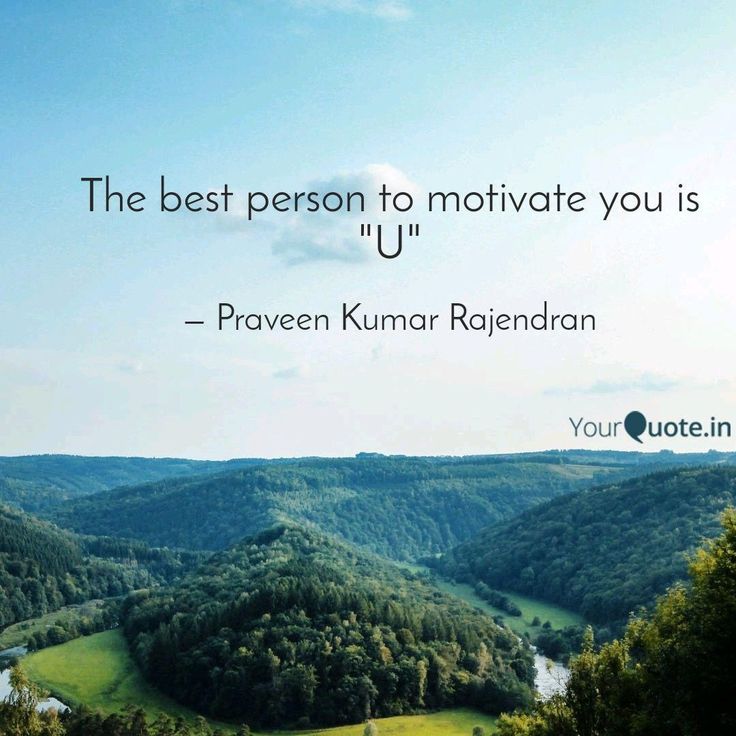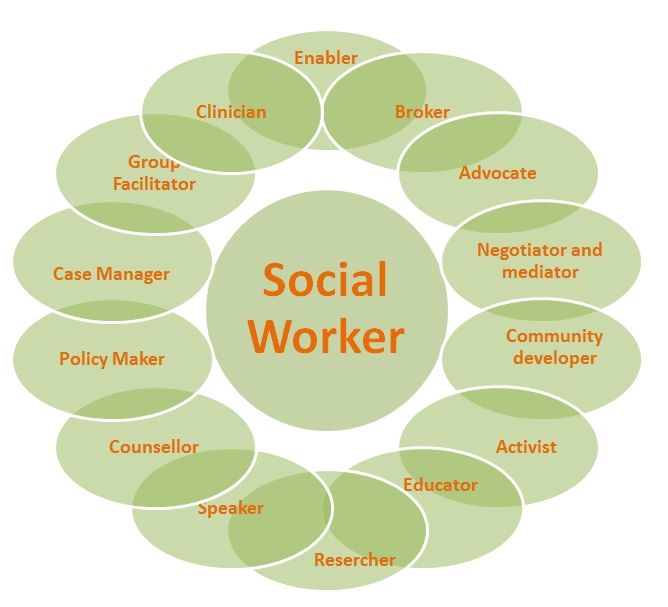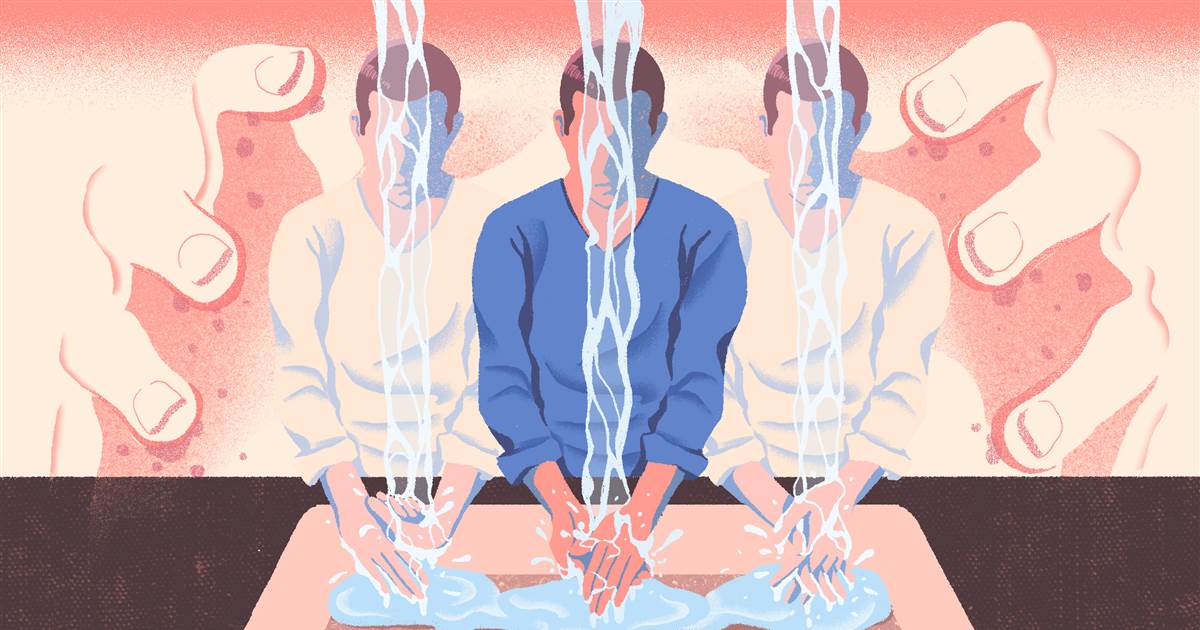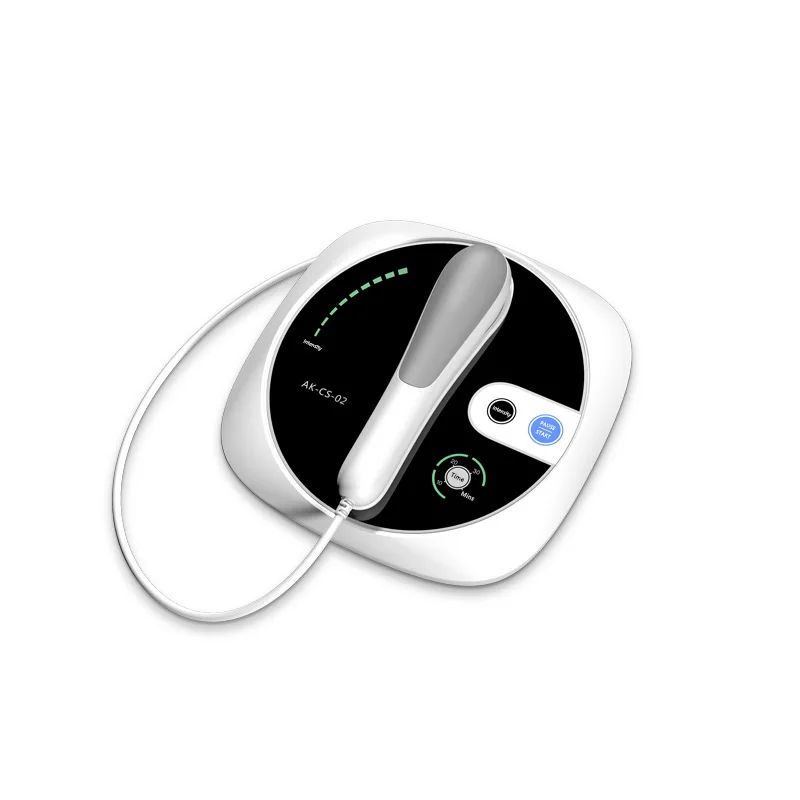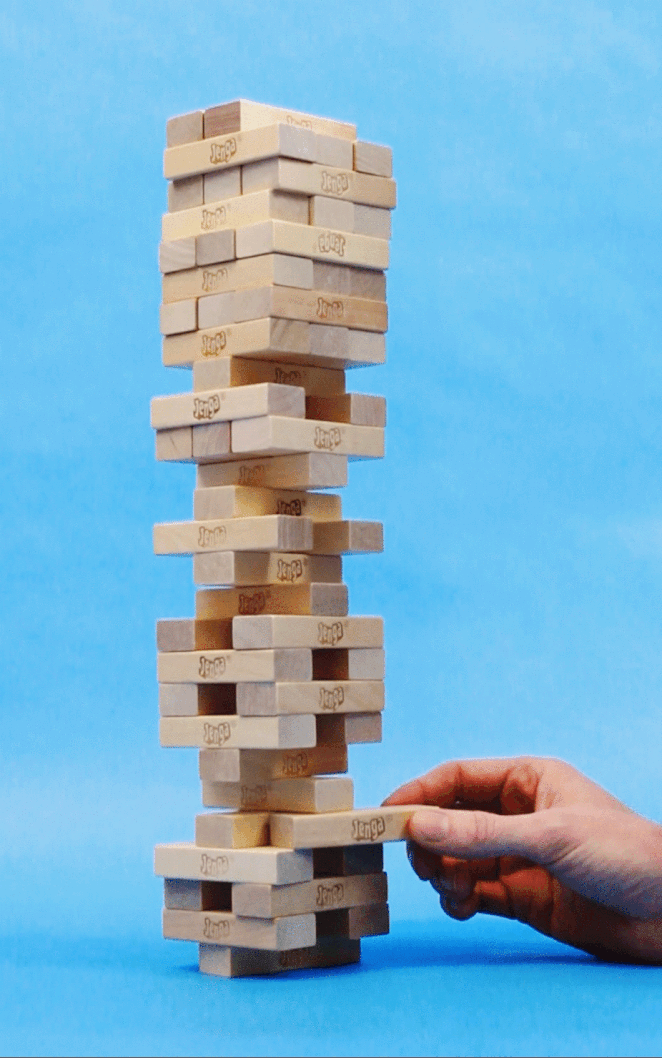Why cant i make a decision
5 Steps for Overcoming Indecision
Does figuring out what to wear to a party put you into a tailspin? Do you become paralyzed when trying to decide whether or not to take that new job? Struggling with indecision is like being stuck in the mud. It’s just no fun. Famous psychologist and philosopher William James said, “There is no more miserable human being than one in whom nothing is habitual but indecision.”
Don’t worry, though. Making decisions might be difficult sometimes. But like any skill, you can get better at it with practice.
Fear of making the wrong decision is one of the reasons that many people hesitate when faced with a choice. You may be afraid of failure or even the consequences of success. You may worry what other people will think about you. Perfectionism may be getting in your way.
And you might be out of practice, especially if you haven’t made many big decisions in your life.
Indecision isn’t always bad. Sometimes hesitation gives you valuable time to think about the situation. It gives you the chance to gather more information and weigh the facts. If you can’t make a quick decision, it may be a sign that the choice really matters to you. If you’re second guessing yourself, it might be a warning that you’re about to make the wrong decision. The important thing is to not let indecision keep you stuck forever.
Indecision becomes a bad thing when it lasts too long. How long is too long? That depends on the circumstances. Will you miss an important opportunity if you wait? Could you lose something that you really want? Is the decision getting harder to make, the more you dwell on it?
Indecision can sometimes become decision by default. If you decide not to decide, you give up your power of choice. Someone else might be hired for that job you wanted or another buyer might move into your dream home.
You may have already labeled yourself an indecisive person, but don’t cut yourself short. You can learn to make decisions, just like you learned to perform a job interview or drive a car. It’s a skill like any other.
It’s a skill like any other.
Lacking confidence in your ability is only a mindset. Take a step back and regroup. Tell yourself, you can become a decisive person!
If you can’t make a decision, there’s a good chance that you’re afraid of something. Figure out what it is and write it down. Ask yourself what you’ll do if your fear comes to pass. Is it truly possible? If so, how will you cope?
For example, you might be considering a job change but fear the financial risks. Maybe the new job pays less than your current job. Consider how the reduced income will affect your life and how you might deal with it. Then set your fear aside and make the decision that seems best to you.
Many people who have trouble making decisions tend to over-analyze. There comes a time when no matter how much information you have, or how much logic you’ve applied, the decision isn’t going to get any easier.
Set a time limit on your research, list-making, and pondering. Then ask yourself: “Which would do me the most good: A or B?” Quickly rate each option from one to ten.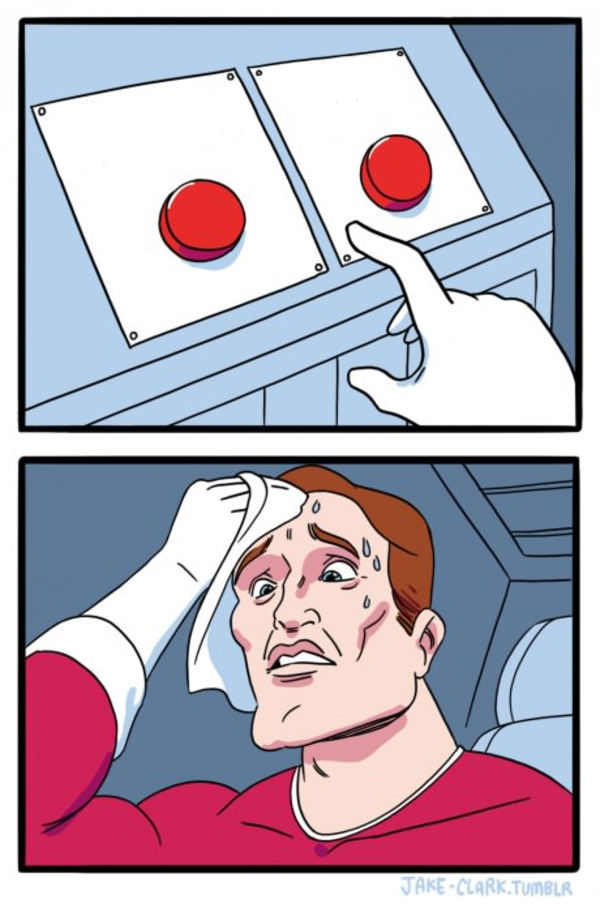 Go with your gut. The option with the higher number is the option you should choose.
Go with your gut. The option with the higher number is the option you should choose.
To become an expert at anything, you need to practice. Start making little decisions every day. Shoot for at least 10 decisions. Decide what you’re going to have for lunch and what route you’re going to take to work. Go to your favorite store and choose one small purchase. As little things come up throughout the day, practice making faster decisions. Unless it’s a big one, don’t put it off. Give yourself a time limit and decide!
Sometimes, decisions seem much bigger than they really are. Maybe you’re struggling with a new car purchase. Will it really matter 10 years from now which car you choose?
The answer might be “No!” But even when it’s “Yes!”, remind yourself that many decisions are reversible. You can sell the car if it doesn’t work out. You might be able to move back if you don’t like the new town. You can quit your new job if it’s really horrible. Try not to take the decision more seriously than you need to. Be realistic about the risks involved.
Be realistic about the risks involved.
List your strengths. Are you smart? Funny? Creative? Ask yourself if you can incorporate your strengths into your decision-making process. For example, if you’re creative, consider making a collage to represent each choice in front of you. Your strengths can also help you achieve what you set out to do, once you’ve made a choice.
Finally, accept the power of “good enough,” especially if you tend to be a perfectionist. None of us can achieve perfection all of the time.
Why Can I Never Make Decisions? 4 Strategies To Help You
Implementing research-backed strategies, like narrowing down your options, can help you become more confident in your decisions.
We face various choices every day. Some choices are minor such as deciding what to wear for the day. Other decisions are significant such as determining if you wish to get married to your partner.
For some people, minor and major decisions are challenging. It may leave you feeling overwhelmed and in a state of decision paralysis. This is common for people who are burnt out or stressed.
This is common for people who are burnt out or stressed.
Understanding what contributes to problems with decision-making could be beneficial. And implementing strategies to feel confident in your decision can help you move forward.
Consider the strategies below to help make your decision-making process more manageable.
1. Limit your choices
Having a variety of choices can leave you feeling overwhelmed. But if you can narrow down the possible options from many to just a few, this can alleviate feelings that leave you feeling stuck.
2021 research indicates that choice overload may cause you to become stuck because it’s hard to make a decision when there are so many options.
It may help you make better decisions when there aren’t so many options to choose from.
2. Make a plan
If you have trouble making decisions, you may be spending lots of time researching possible decisions and still can’t move forward.
One way to overcome this is by giving yourself a specified period to explore your decision and then move forward with the information you have.
This strategy can help you reduce time overanalyzing and use the best possible information to move forward.
3. Implement a decision-making model
Decision-making models can help you implement steps to make the best decision possible. The ethical decision-making model is used in many career fields and is as follows:
- identify the problem
- identify potential issues involved
- review relevant ethics codes
- review applicable laws and rules
- consult with others
- list all possible courses of action
- count the consequences of probable decisions
- choose what you believe is the best course of action
This model may help deal with indecisiveness in applicable work settings.
4. Watch out for impulse decisions
While you don’t want to overthink your decisions, you may be tempted to make impulse decisions.
But impulse decisions can sometimes be harmful and cause unintended consequences of your actions.
Emotions can affect the tendency to make impulsive decisions. For example, a 2012 study suggests that sadness is associated with financial impulsivity.
On the other hand, a study from 2016 indicates that gratitude can reduce impulsive choices.
Mental health conditions can make decisions more challenging. Personal stressors and the weight of the decision can also play into difficulty in making decisions. Indecisiveness is a trait that can leave you feeling stuck.
If you have trouble making decisions, this occurs across multiple contexts and situations.
Some signs you may be indecisive:
- lack of confidence
- procrastination
- perceived judgment of “making the wrong decision”
- anxiety
If you have perfectionistic tendencies, you may also be prone to indecisiveness.
Are certain personality types associated with indecision?
Personality types may be associated with indecisiveness. Research from 2016 examined associations between the five-factor personality test and indecisiveness.
Studies found a correlation between neuroticism and indecisiveness. The study also suggests that self-esteem affects indecisiveness. Lower self-esteem is associated with higher levels of indecision.
Challenges in making decisions aren’t uncommon. Indecisiveness is associated with various mental health conditions and personality types.
Research-backed methods, such as creating a plan to explore your decisions and gathering helpful information, may help.
Using strategies to avoid decision paralysis can help you feel more confident in your decision-making abilities. It may also help you break the cycle of feeling stuck.
If you need assistance implementing decision-making strategies, you may consider seeking professional support or support from a trusted loved one. You’re not alone.
I don't know how to make decisions
57 101
Know yourselfAntistress
To be or not to be - that is the question! Perhaps the words of Hamlet best describe a man who is so insecure. “He knows that he must kill his stepfather, and he hesitates only because the goal he is pursuing unconsciously frightens him,” explains Nifont Dolgopolov, a Gestalt therapist. - He strives for the ideal and is tormented by his own imperfection. And therefore cannot be fully satisfied with any of the solutions.
“He knows that he must kill his stepfather, and he hesitates only because the goal he is pursuing unconsciously frightens him,” explains Nifont Dolgopolov, a Gestalt therapist. - He strives for the ideal and is tormented by his own imperfection. And therefore cannot be fully satisfied with any of the solutions.
At the moment when a person has to give an unequivocal answer and is unable to do so, a real panic can seize him. “He feels embarrassed, annoyed, embarrassed, feels guilty for dragging out time,” says Nifont Dolgopolov. “These feelings are exacerbated and can develop into irritation and even anger if his companion or companion begins to push or criticize him.”
Paradoxically, the more he hesitates, the more sure he really is about what to do. But still waiting for someone to make the decision for him. Such an unconscious strategy gives a person the opportunity not to take responsibility for the consequences and for the choices made by others.
“I am learning to listen to my desires”
Ekaterina, 36, doctor
“When I have to choose black pants or a red dress in a store, I buy both. For several years now I have been hesitant to leave the hospital to go into private practice. I am not able to connect my life with the man I love, because I cannot answer simple questions: should we live together or not? Have kids or wait?
For several years now I have been hesitant to leave the hospital to go into private practice. I am not able to connect my life with the man I love, because I cannot answer simple questions: should we live together or not? Have kids or wait?
As soon as I have to make a choice, I involuntarily begin to procrastinate, procrastinate, as if waiting for someone to decide for me... The situation became so unbearable that I decided to take a course of transactional analysis.
I am working with my therapist to learn to listen to my desires, trying not to be guided by the opinions and tastes of my authoritarian mother. My path of healing is to finally release my inner child, still living in me, who has been deprived of the right to speak since childhood.
Fear of making mistakes
Those who find it difficult to make their own decisions suffer from self-doubt. They are afraid of making mistakes, because having made a choice in favor of, say, one dish in a restaurant, they have to refuse others that are presented on the menu.
“Self-doubt becomes the main property of a person if, from early childhood, when making a decision, he is used to relying on the opinions of others — parents, friends or people who are authoritative for him,” explains Nifont Dolgopolov.
— Such a tactic of behavior develops in a child if his parents are authoritarian and adhere to a rigid style of upbringing. They constantly evaluate the child, criticize his behavior, his preferences, make decisions for him ... And he gradually ceases to rely on himself.
A daunting choice
Sometimes having to settle for a single option confuses even the smartest of us. As a rule, the breadth of possibilities is discouraging. But the reasons for such confusion are not that we do not know how to choose. On the contrary, we often know which solution, for example, will bring profit to our company or to us personally, and which one will not.
“But in general matters, the selection criteria are not related to our personal preferences and tastes,” explains Nifont Dolgopolov, “but in a restaurant or shop they depend directly on them.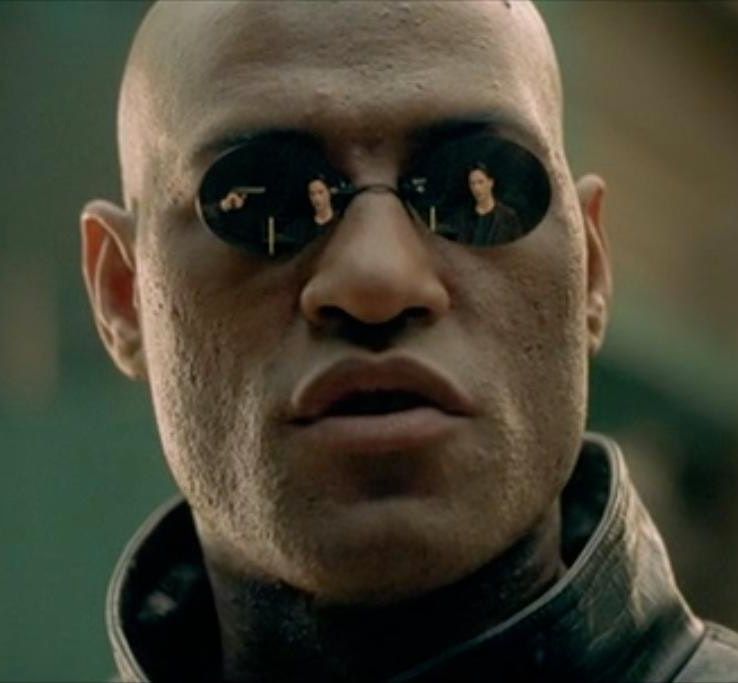 We need to choose a dish simply because we like it, guided by the principle of “I want it that way”, and not because it is cheaper or objectively tastier.”
We need to choose a dish simply because we like it, guided by the principle of “I want it that way”, and not because it is cheaper or objectively tastier.”
And those who rarely think about what they like, what they really need, are often lost. And they act out of habit or on the basis of the fact that “it is customary”, listening to advertising or the advice of friends.
Advice to those who are nearby
It is pointless to give advice to an indecisive person, but it is dangerous to make decisions for him, because then he will lay all the responsibility on you. Another mistake is to blame him for inaction: this will increase his negative attitude towards himself.
Help him figure out what is preventing him from being more determined. Make it clear that he only clings to self-doubt because he focuses on hypothetical losses rather than potential gains. It is difficult for a self-doubting person to recognize the consequences of his indecision. Point out to him what can happen if he never learns to make his own decisions.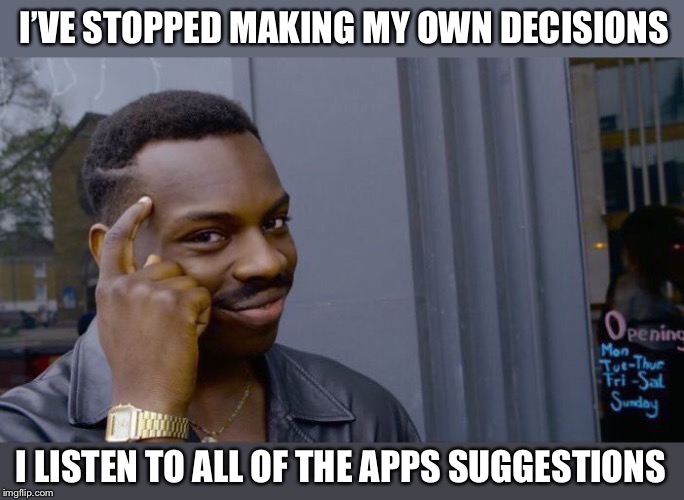
What to do?
1. Don't be afraid to take risks
Challenge yourself and others and win - learn to enjoy it. Every decision we make, like every victory over ourselves, strengthens our self-confidence. Use the technique of model behavior: choose for yourself a brave, determined person who, in your opinion, can serve as an example of success and willpower. And every time you make a decision, ask yourself: what would he do in my place?
2. Change position
You are mistaken when you confidently say about yourself: "I am not able to make this decision." In fact, you are like Molière's Monsieur Jourdain, who did not even suspect that he had been speaking prose all his life until he was told about it. After all, from morning to evening, every day you make a lot of decisions! So change your perspective: be more attentive to the decisions that you yourself made today.
Text: Natalia Gridneva Photo Source: Getty Images
New on the site
Why care turns into overprotection: 3 deep reasons - check yourself
“My husband persuades me to stay with him, but at the same time he insults and beats”
“I fell in love with an actor from the series. How to get his attention?
How to get his attention?
Destructive relationships: why is it so difficult to leave?
Life in chaos: how disorder affects us
A normal man of the 21st century: what is he like? Part 1
Quiz: What would be your ideal age difference with your partner?
“My husband beats and humiliates me, but I have nowhere to go - I am a student with a two-year-old child in my arms”
7 ways to learn how to make decisions
June 6Motivation
Letting go of hesitation is easier than it might seem.
Share
0 You can listen to the article. If it's more convenient for you, turn on the podcast.
1. Say no to perfectionism
Oddly enough, perfectionism and indecision often go hand in hand. Barry Schwartz, author of The Paradox of Choice, states: “In today's world where choices are almost unlimited, the desire to choose the best option leads to one frustration. Try not to look for "the best", but only "good enough".
Trying to choose the best, we start to delay the choice and sooner or later we slip into procrastination. Therefore, do not try to chase after an unattainable ideal, but work with what you have at the moment.
Find out 👇
- Why you should not strive for the ideal
2. Make decisions in the morning
Argentine researchers Maria Juliana Leone and Mariano Sigman conducted several experiments and found out Is there an ideal time of day for decision-making? / Association for Psychological Science, that most people make the most accurate decisions in the morning.
The ability to make choices generally depends on the time of day. In the morning, people make decisions more slowly, but make more accurate choices, and in the evenings, we decide faster, but more often make mistakes.
Take note of this and try to make the most important decisions in the morning, when you are not yet tired of work, household chores and other routine. Ideally, create a to-do list of the things you definitely want to do today and follow the list throughout the day.
Ideally, create a to-do list of the things you definitely want to do today and follow the list throughout the day.
3. Let someone else make the decision
Research K. D. Vohs, R. F. Baumeister, J. M. Twenge, et al. Decision fatigue exhausts self-regulatory resources show that too many options rob us of willpower and lead to "decision fatigue". The term was coined by social psychologist Roy Baumeister of Princeton University.
There is a trick to avoid this fatigue: shift the burden of choice onto someone else's shoulders. Of course, vital decisions should not be trusted by others - when your parents determine for you where to study and who to work with, this is not particularly good. But small issues can be delegated so as not to bother yourself.
Dr. Sheena Iyengar, author of The Art of Choice, gives this example. She loves wine, but she does not understand its varieties, aging, aromas and similar subtleties at all. Therefore, when she wants to drink, she does not leaf through the wine list for a long time, but simply asks the sommelier to pick up something suitable.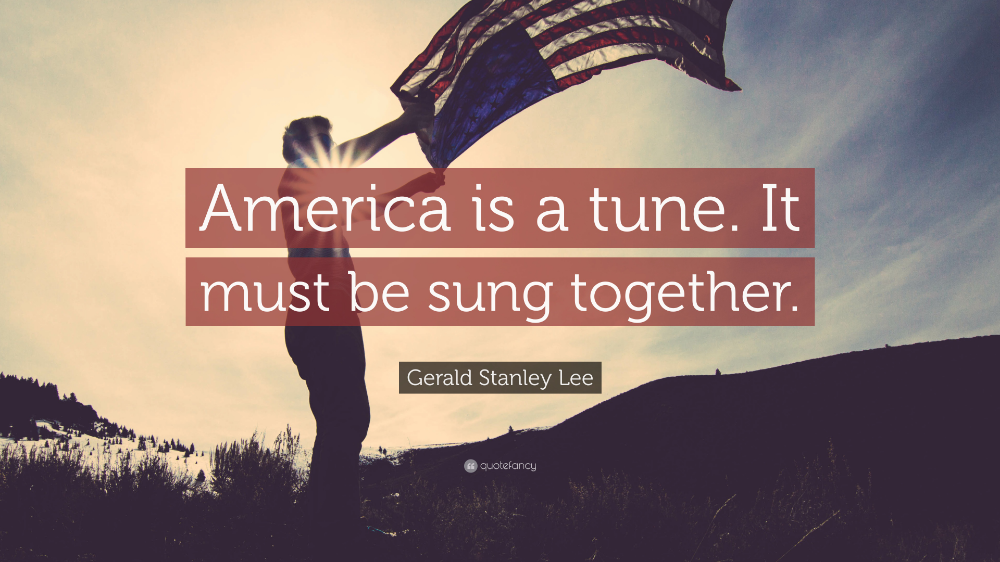 Delegation of choice in all its glory.
Delegation of choice in all its glory.
Sheena Iyengar
Wine continues to delight me because I don't make the effort to choose it. I'm happy that I don't have to make a decision on my own, otherwise the choice of wine would become a job for me.
Take note 🤔
- How to avoid decision fatigue and choice regrets
4. Make choices a habit
In fact, you don't even need the help of outsiders to communicate choices to them. You can rely on the power of habit. For example, Steve Jobs always wore the same shirts and jeans. He already had to constantly make decisions in the affairs of the company, and he did not want to waste his energy on choosing a wardrobe as well. Yes, and Mark Zuckerberg follows his example.
You can do the same: choose the right food, clothes or accessories once, and then just follow the habit. Or make for yourself a detailed schedule of the day and in the future do not suffer from the question of what to do next.
5. Use a random number generator
Another option is to choose between several equivalent options randomly. This method is recommended by venture capitalist Patrick McGinnis. He always has to decide how to conduct his business on the stock exchange, so he hardly thinks about unimportant issues, passing the choice ... to his watch.
Patrick McGinnis
I use the 'Consult the Clock' method to choose between all sorts of everyday little things. I reduce the list of options to two. Then I assign each option to one side of my clock - right or left. I look at which half of the dial the second hand is at this moment. Decision is made. It sounds silly, but if you try this method, you will thank me again. Saves a lot of time.
You might as well roll the dice or flip the coin, just like Harvey Dent.
6. Use the 90% rule
In fact, delegation of choice and clock tricks are only good for small things - if you can't decide what to eat for breakfast or what tie to tie.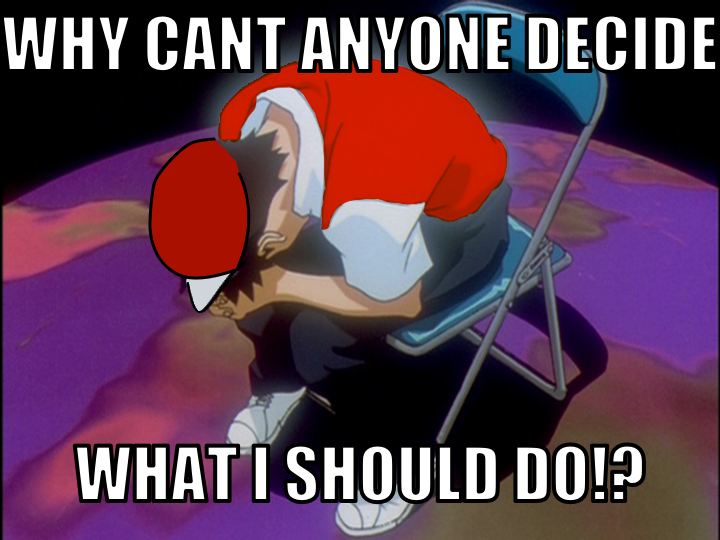 However, not all decisions in our life are so simple. For more complex choices, there is a 90% rule.
However, not all decisions in our life are so simple. For more complex choices, there is a 90% rule.
It was invented by Greg McKeon, author of Essentialism. It consists in the following. When we make a choice, each available option usually has pros and cons. McKeon suggests rating each option on a scale from 0 to 100. If your answer is less than 90 points, reject it.
Greg McKeon.
It's just common sense. If you can't say a definite "yes" to your decision, say "no" to it and don't worry.
The 90 percent rule makes decisions much easier: if an option has more than 10% cons and less than 90% pluses, it should not be accepted. “Think about how you would feel if you score 65 out of 100 on any test,” writes McKeon. You will most likely be disappointed. Do you want to experience the same feelings when you make an important choice?”
Try ❌
- How to learn to say no
7. Do thought experiments
thought experiments.
For example, you are unsure whether to continue your romance or whether it is better to break up with your partner.




